Even though GMOs have been scientifically proven to be safe and would be an invaluable component of Uganda’s food security strategy, they continue to be a target of attack by politicians and civil society groups.
Uganda, ironically, has the largest number of GM crops under test at the National Agriculture Research Organization (NARO) according to South Africa’s African Center for Biodiversity.
The NARO scientists, who recently discovered new methods to control aflatoxin are unable to release their improved seed and crop varieties because Uganda lacks a GMO policy.
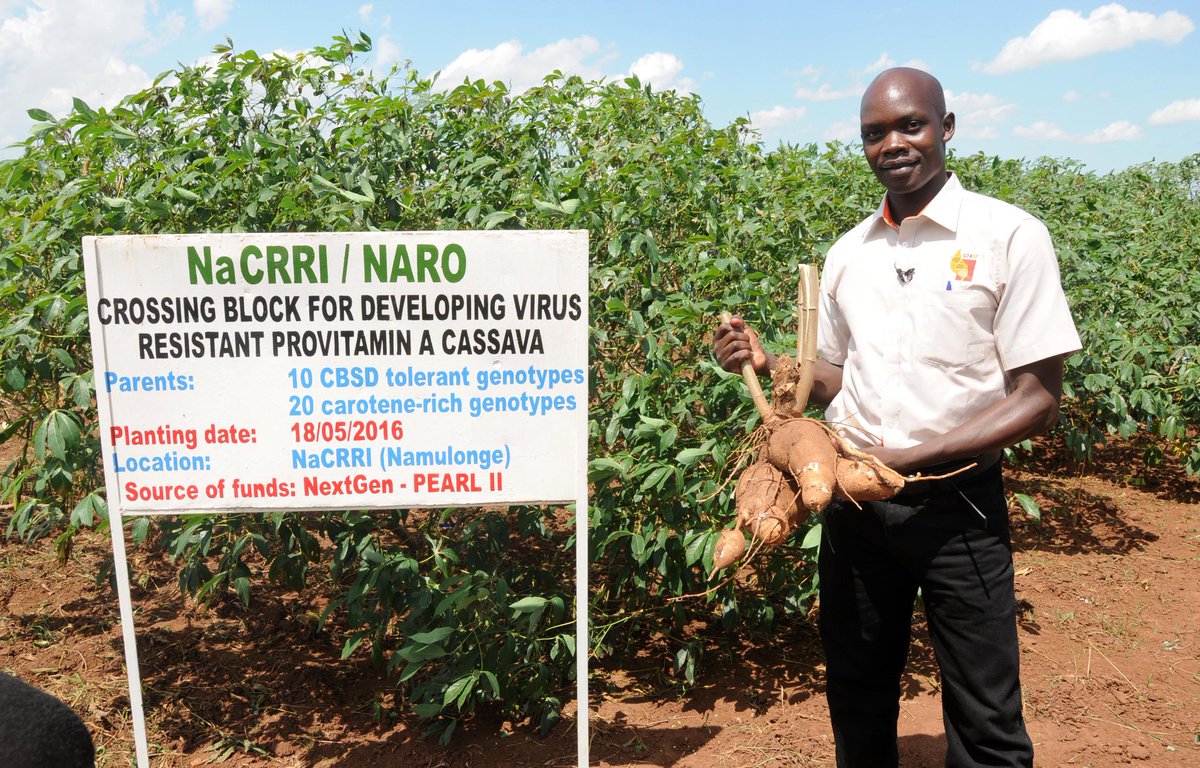
Many scientists have however been unwavering in pushing for a GMO Bill.
In many ways, Uganda’s GMO-restrictive environment sees many anti-GMO groups and individuals freely spread GMO misinformation and push for agroecology, which a 2020 Africa-wide scientific meta-analysis of conservation agriculture experiments found could trap farmers in poverty.
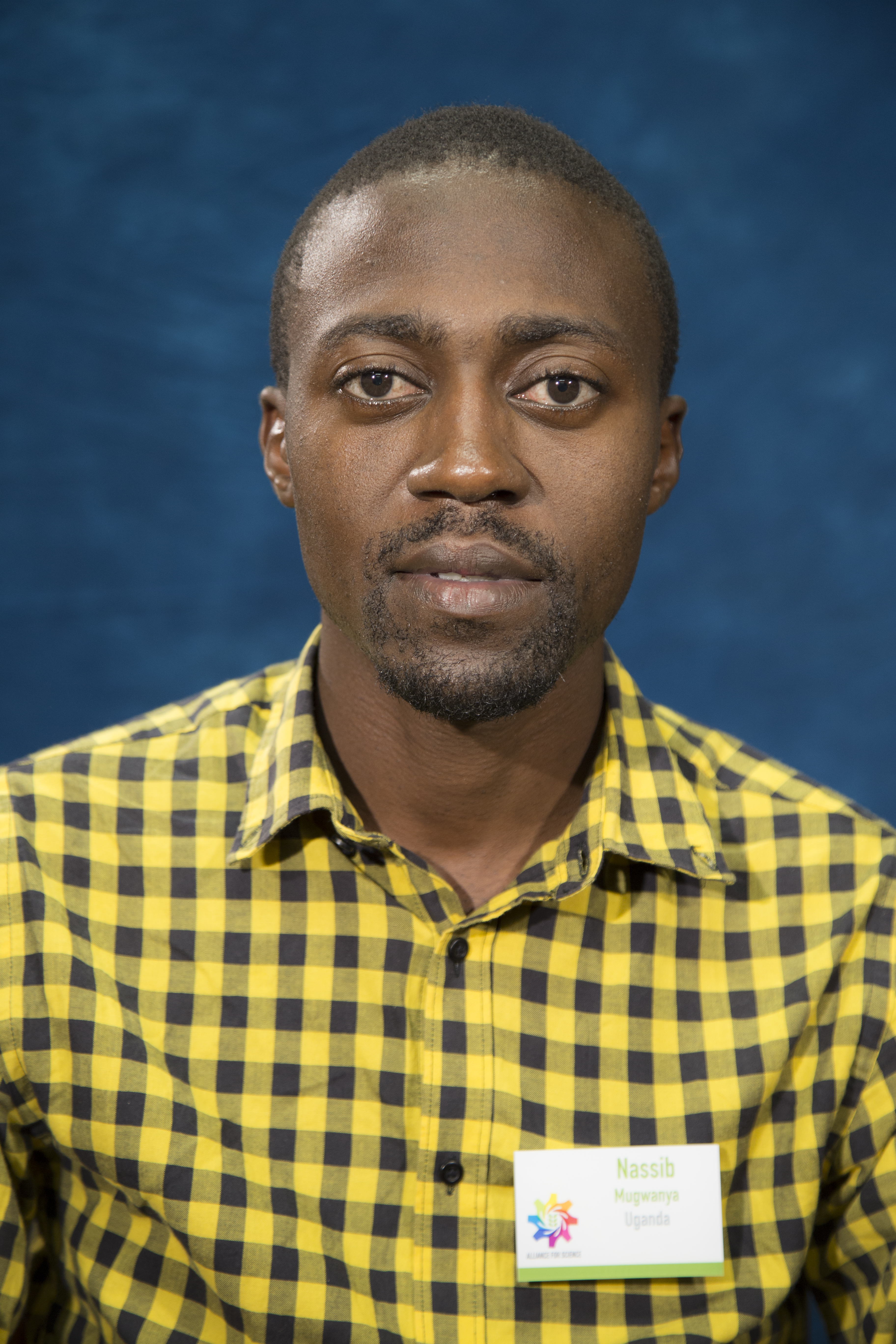
In 2019, Ugandan agricultural scholar, Nassib Mugwanya pointed out that agroecology is riddled with inefficient farming methods.
However, some people in the country’s anti-GMO lobby want farmers to adopt it.
Transform Uganda’s farming systems
Early this month, the Daily Monitor, one of Uganda’s leading dailies, reported that an official from the Alliance for Food Sovereignty in Africa, a group that has previously
labeled GMO seeds as neocolonialist, was urging farmers to embrace agroecology.
Uganda’s anti-GMO civil society players had also in January taken the Kenyan government to the East African Court of Justice over its decision to allow the cultivation and importation of GM grains.
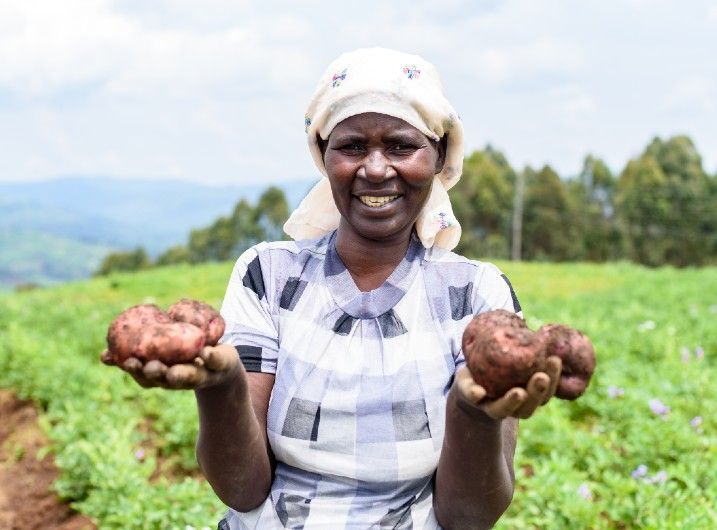
“Contrary to popular misconception, agricultural biotechnology will not destroy farmers’ indigenous farming practices or crops as some agroecologists contend,” said Erick Okwalinga, a Ugandan plant scientist.
“Rather, it will transform Uganda’s farming systems by reducing post-harvest losses and increasing crop resistance to drought and other climate extremes. Climate resilient and disease-resistant crop varieties will help Uganda, an agriculture-based economy achieve objective 13 of the Sustainable Development Goals and the Zero Hunger agenda.
“It is unwise to spread GMO misinformation based on nescience and to encourage the use of traditional farming methods in a country where the population has more than tripled and food production has remained insufficient.”
He added: “Agro-ecology contradicts President Museveni’s calls for agricultural modernization. How can agriculture be modernized when farmers are encouraged to adhere to unproductive traditional practices which result in low crop yields and incomes for resource-poor households.”
“It is unwise to spread GMO misinformation based on nescience and to encourage the use of traditional farming methods in a country where the population has more than tripled and food production has remained insufficient.”
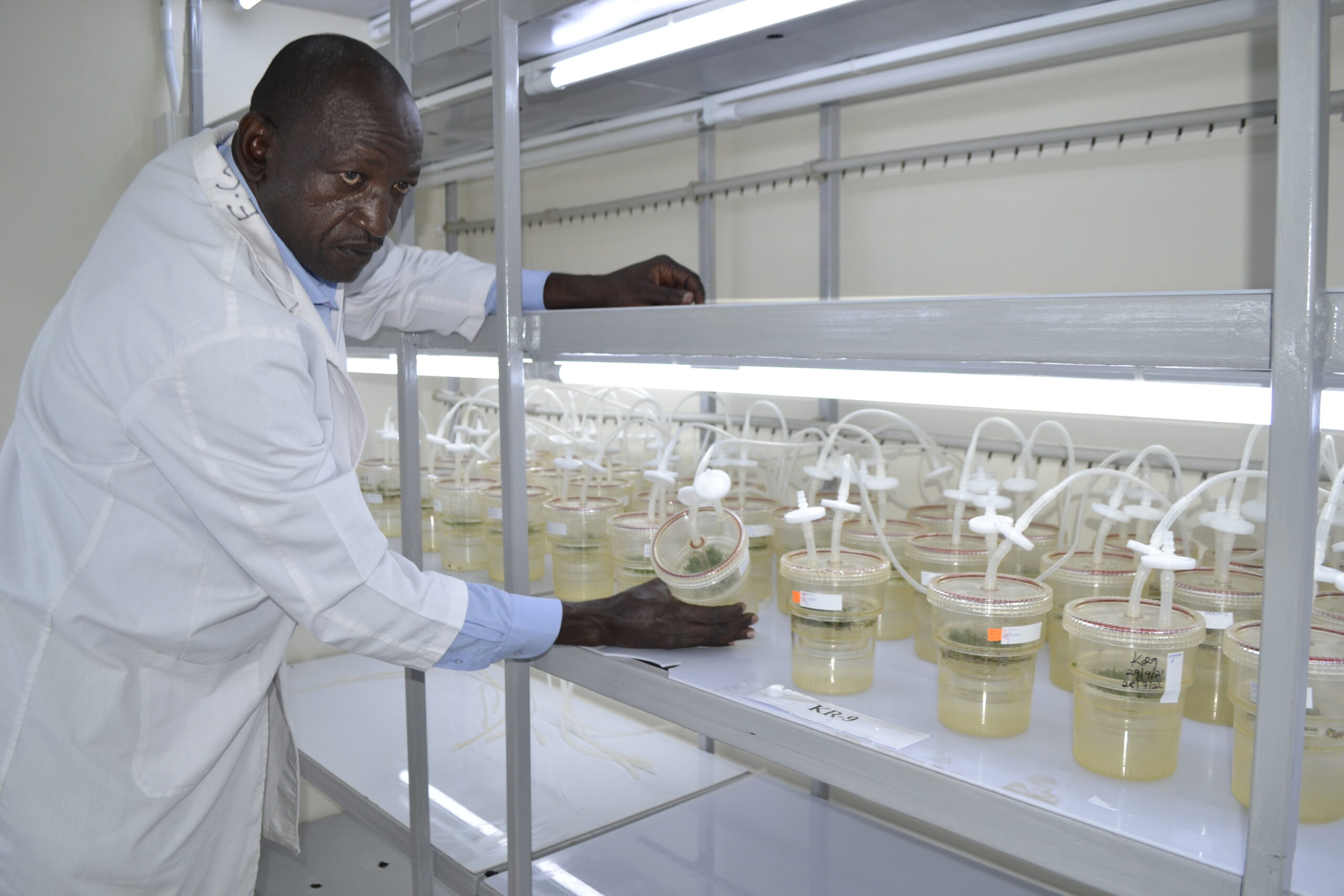
According to Dr Andrew Kiggundu, a biotechnologist with NARO, it is through biotechnology that Uganda will empower its farming communities to produce high-yielding and nutritious crops with better genetic traits.
Development of Uganda’s agricultural sector
“Uganda cannot afford to miss out on the gene revolution. Higher and better crop yields produced with biotechnology’s cluster techniques will help reduce food insecurity and micronutrient deficiencies which pose a serious threat to Uganda’s pregnant women and children,” Kiggundu said.
He added that adopting biotechnology would mean improved seeds, better disease and pest resistance and less chemical application and exposure to humans.
Biotechnology has the potential to improve the efficiency with which external inputs are used in agriculture.
“It would also mean that crop losses caused by climate change and other extreme weather events will be mitigated.”
Charity Muduwa, a research scientist who once rooted for agroecology, told the AfS that if she had to choose between agroecology and biotechnology, she would go for the latter.
“It is the only way through which Uganda will achieve agricultural sustainability, one of the cornerstones of the fourth industrial revolution, which is necessary for facing the effects of climate change,” Muduwa said.
“Using genome editing tools such as CRISPR-CAS9 can guarantee integrated disease management, sustainable crop production, management, quality control, and development of Uganda’s agricultural sector.”
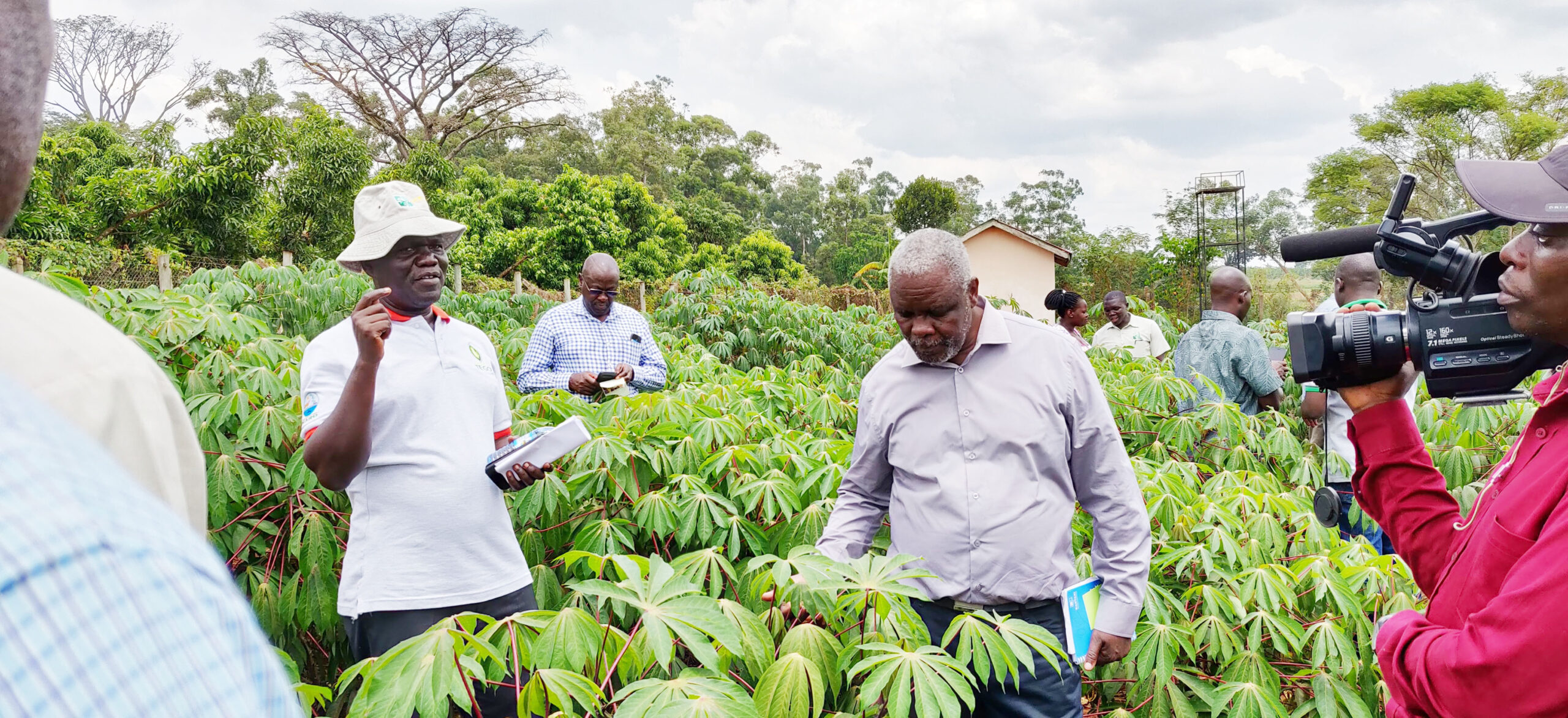
Dr Fredrick Kabi, a NARO senior researcher who is currently developing an anti-tick vaccine said, biotechnology will offer significant opportunities for the development of vaccines for diseases that limit livestock production.
Introduction of new and useful genes
“Furthermore, the use of genetic markers can help breed animals for desirable qualities including disease resistance, higher quality products, and greater productivity.”
According to Okwalinga, biotechnology has the potential to improve the efficiency with which external inputs are used in agriculture.
Biotechnology represents a tool for enhancing genetic diversity in crop species through the introduction of new and useful genes.
“It will reduce the use of pesticides and fertilizers while extending the shelf life of the nation’s key crops.”
Alfred Kafeero, a biotechnologist, agreed.
“Biotechnology represents a tool for enhancing genetic diversity in crop species through the introduction of new and useful genes,” said Kafeero. “It will play a significant role in biodiversity conservation and enable the production of large numbers of plants from small pieces of the stock plant in a short period.”
